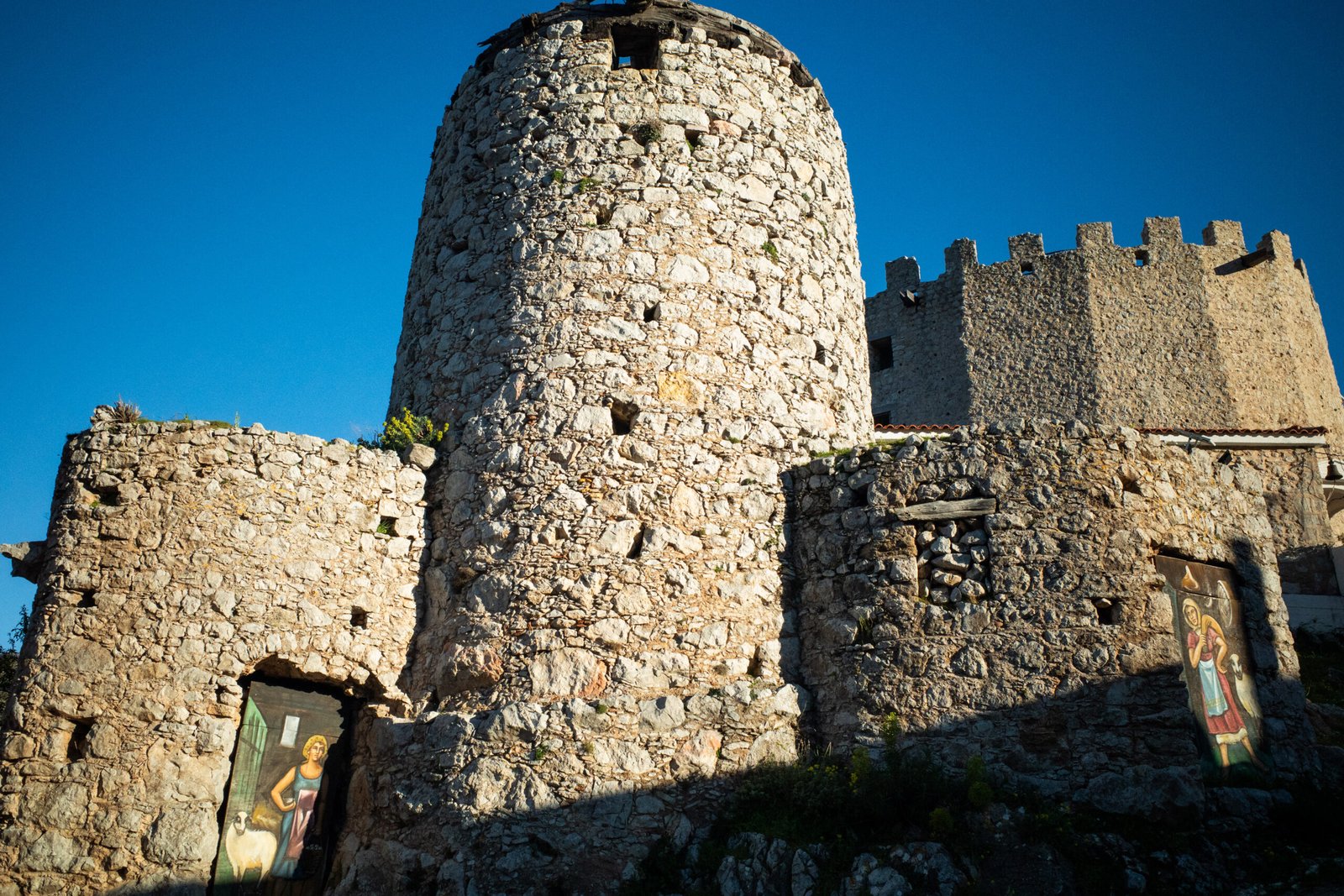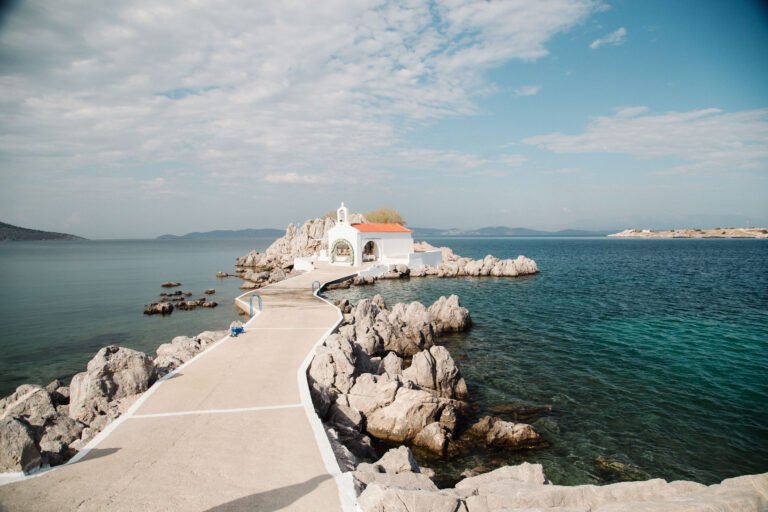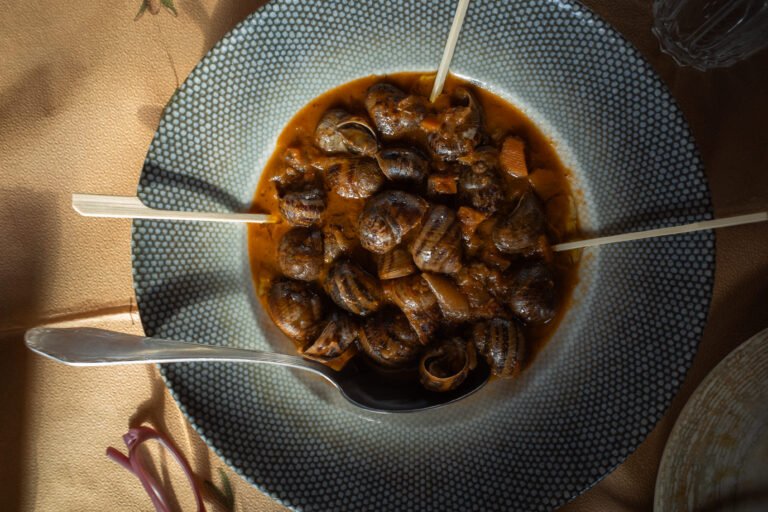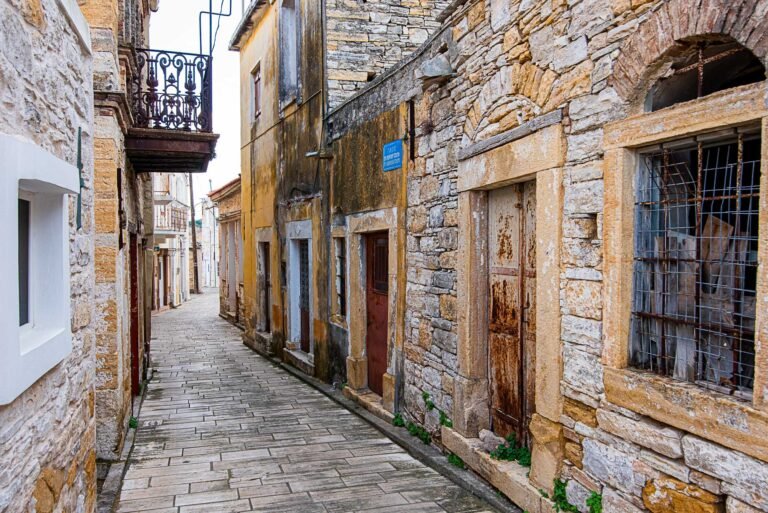Chios, a Greek island in the Aegean Sea, has a rich and multifaceted history that reflects the broader historical currents of the region. The island is the fifth largest in Greece and lies close to the coast of Anatolia (modern-day Turkey). Its strategic location has made it a significant player in the historical narratives of both Eastern and Western civilizations.
Ancient History
Chios’s history stretches back to the Neolithic era, but it became particularly prominent in the ancient world around the 8th century BCE. It was known for its sailors and traders and established colonies in the Black Sea region. The island was celebrated in antiquity for its wine and mastic, a resin produced by the mastic trees native to Chios. These commodities were traded across the ancient Mediterranean world, contributing to the island’s wealth.
Classical and Hellenistic Periods
During the Classical period, Chios was a member of the Delian League led by Athens, reflecting its importance in the Aegean Sea. However, the island’s fortunes waxed and waned with the changing dynamics of Greek politics, especially during the Peloponnesian War.
In the Hellenistic era following the conquests of Alexander the Great, Chios came under the influence of various Hellenistic kingdoms, notably the Ptolemies of Egypt, which further integrated the island into the commercial networks of the Eastern Mediterranean.
Byzantine Era and Genoese Rule
With the division of the Roman Empire, Chios became part of the Eastern Roman or Byzantine Empire. During this period, it faced several invasions but remained an important economic and military outpost for the Byzantines.
In the 14th century, the island came under the rule of the Genoese, who established the Maona of Chios. This period was marked by economic prosperity due to the trade of mastic, but it also saw the imposition of feudal structures on the island’s inhabitants.
Ottoman Rule and the Massacre of 1822
The Ottomans conquered Chios in the 16th century. The island remained under Ottoman rule until the Greek War of Independence in the 19th century. One of the most tragic events in Chios’s history occurred in 1822 when a large portion of its population was massacred by Ottoman forces in response to the islanders’ support for the Greek independence movement. This event had a significant impact on international opinion at the time.
Modern Period
Chios became part of the modern state of Greece in the 19th century, after the conclusion of the Greek War of Independence. Since then, it has faced various challenges, including economic fluctuations and the impact of two World Wars. In recent decades, Chios has developed a robust tourism industry, attracting visitors with its rich history, beautiful landscapes, and unique cultural heritage, including the continued production of mastic.
This brief overview highlights the complex tapestry of influences and events that have shaped Chios over millennia, making it a fascinating subject of study for historians and a compelling destination for travelers.








